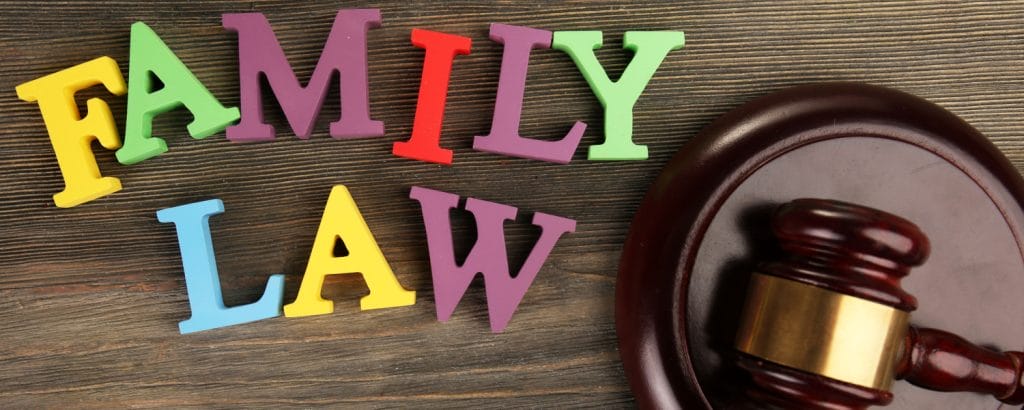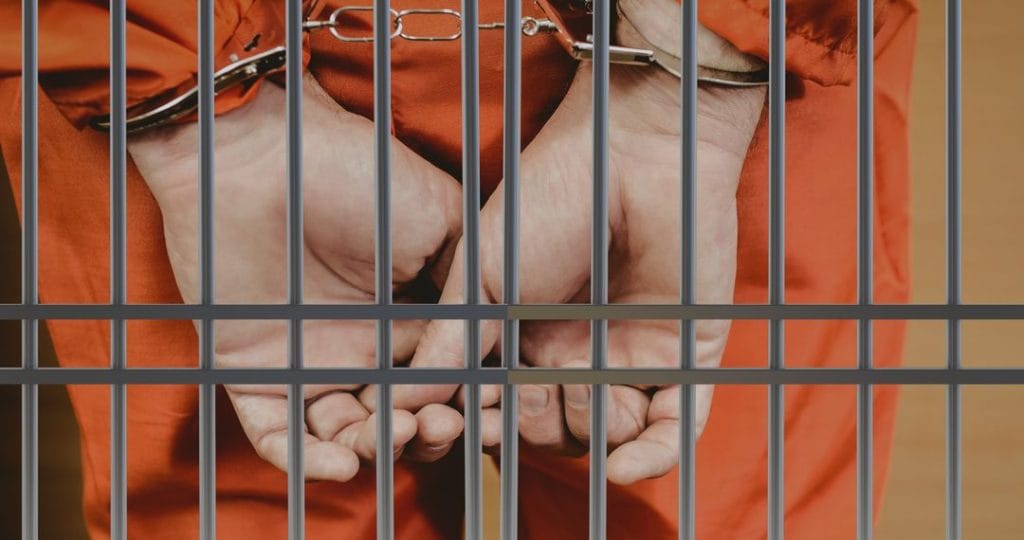Child support is a legal obligation designed to ensure that children receive the financial support they need, even if their parents are separated or divorced. In Illinois, as in many other states, failure to pay child support can have serious consequences. In this article, we will explore what happens if you don’t pay child support in Illinois, as well as the potential legal and financial ramifications.

Legal Consequences
If you don’t pay child support in Illinois, there are often legal consequences. The spouse that is supposed to receive child support can make a motion in court stating that they are not receiving the court ordered child support. The court then can apply several different legal punishments to encourage payment:
- Contempt of Court: Failing to follow a court order can lead to contempt charges. Failing to pay court-ordered child support is considered contempt of court. This means that the court can hold the non-paying parent liable civilly or criminally, which can result in fines or even jail time if the situation is serious enough. The court may issue a warrant for the non-paying parent’s arrest if they repeatedly ignore their child support obligations.
- Driver’s License Suspension: Illinois law allows the state to suspend the driver’s licenses of parents who are late/not making their child support payments. This can significantly impact a person’s ability to travel and commute for work or personal reasons.
- Professional License Suspension: The state can also suspend various professional licenses, such as those for doctors, lawyers, and nurses, if the license holder is behind on child support payments. This can jeopardize their ability to practice their profession.
The court will often issue a warning before taking any legal action but judges are not afraid to issue serious legal consequences against parents that do not pay child support. Often courts will issue financial consequences first.
Financial Consequences
Often before any legal consequences come, if you don’t pay child support in Illinois there are financial consequences. Through Illinois law, judges are able to use certain methods to obtain unpaid child support, or ensure future payment of child support, including:
- Income Withholding: To ensure child support payments, Illinois may implement income withholding. This means that the child support payments are automatically deducted from the non-paying parent’s paycheck, much like taxes or other deductions. Courts can also put garnishments on bank accounts to automatically draw money for child support payments.
- Interest and Arrears: If child support payments are not made on time and in full, interest may accrue on the unpaid balance. Additionally, the unpaid child support is referred to as arrears, and these arrears must still be paid even if the child is now an adult. The custodial parent can sue to get back child support if there are significant arrears.
- Tax Refund Intercept: The Illinois Department of Healthcare and Family Services (HFS) has the authority to intercept state and federal tax refunds if a parent owes back child support. These intercepted funds are then applied to the outstanding child support debt.
If the non-custodial parent does not pay what is due, then the custodial parent should contact the Illinois Division of Child Support Services (DCSS). This department will help you enforce your child support agreement.

Credit Score Impact
Failure to pay child support can negatively impact your credit score. Delinquent child support payments may be reported to credit bureaus, making it difficult for the non-paying parent to obtain loans, credit cards, or favorable interest rates in the future. These impacts can last for years after the child support agreement has ended.
Legal Remedies for Custodial Parents
If you are the custodial parent not receiving the court-ordered child support, there are legal remedies available to you. You can work with the Illinois Department of Healthcare and Family Services (HFS) or DCSS to enforce child support orders. These organizations can help with income withholding, intercepting tax refunds, and taking legal action against the non-paying parent.
To learn more check out “What Happens If You Do Not Follow a Family Court Order In Illinois?”
Conclusion: What Happens If You Don’t Pay Child Support in Illinois?
Child support in Illinois is a legal obligation that carries significant consequences if not met. Failure to pay child support can result in legal penalties, including contempt of court, driver’s license and professional license suspension, and even jail time. Moreover, it can have long-lasting financial consequences and damage your credit score.
It is crucial for both custodial and non-custodial parents to understand their rights and responsibilities regarding child support. If you are facing challenges related to child support payments, seeking legal counsel is highly recommended. An experienced family law attorney can provide guidance on navigating the legal system, ensuring that the best interests of the child are met, and helping both parents fulfill their obligations under the law.
MEET WITH AN ILLINOIS FAMILY LAW ATTORNEY TODAY
The Family Law attorneys at Koth Gregory & Nieminski understand that your family is the top priority, which is why we offer SAME-DAY APPOINTMENTS. If you need a divorce or other family law services, you can schedule your first meeting through our online appointment calendar. We look forward to meeting you.
Disclaimer: This article (What Happens to Custody When My Child Turns 18?) may contain information that is outdated as Illinois law continuously evolves. Meeting with an experienced family law attorney is the best way to ensure you are receiving the most current information to answer the question What Happens to Custody When My Child Turns 18?

Published by Dustin Koth on August 13, 2024
